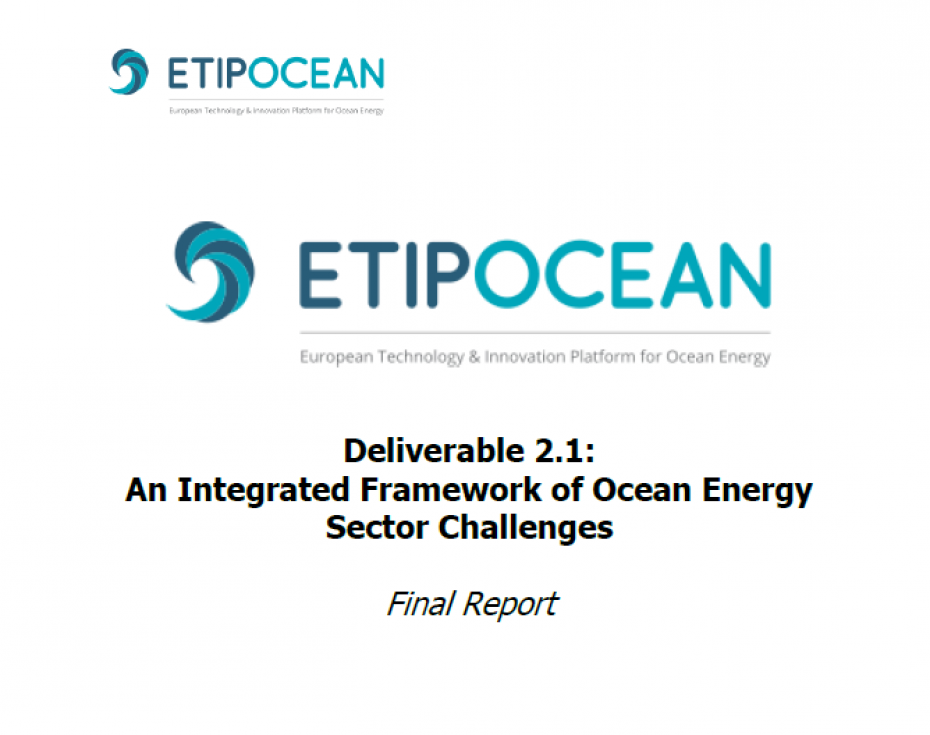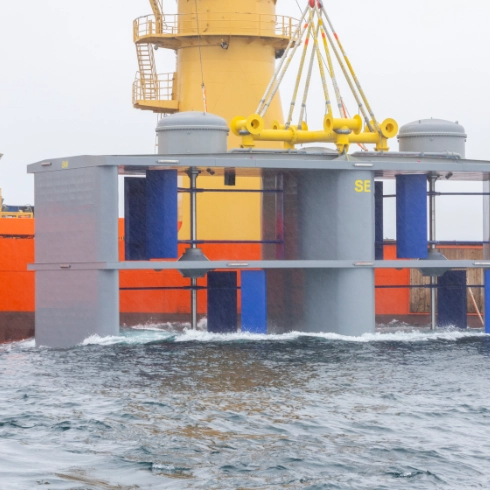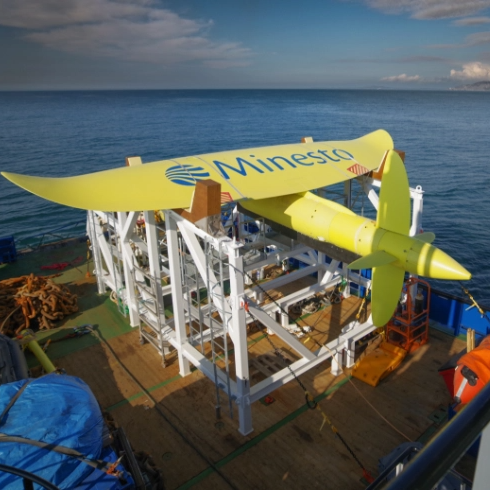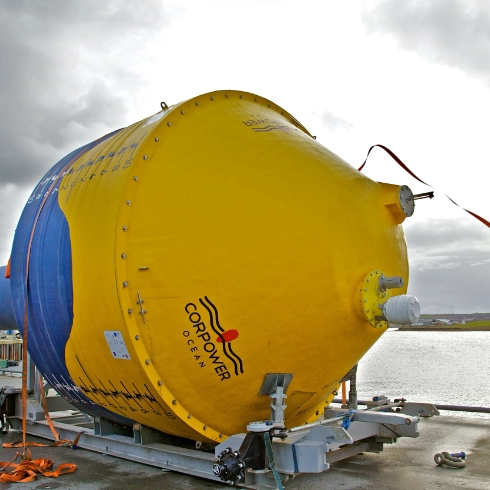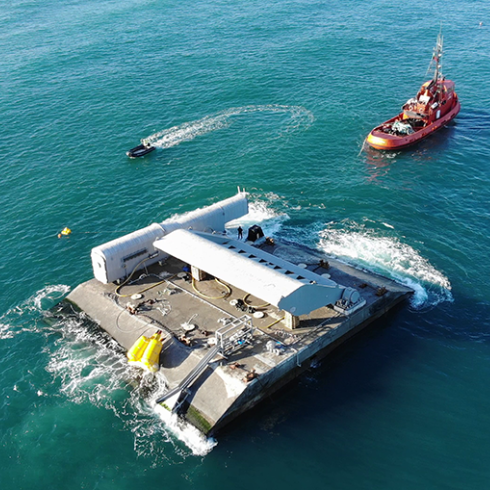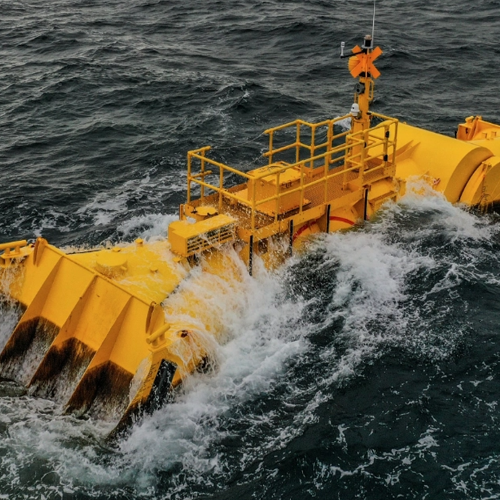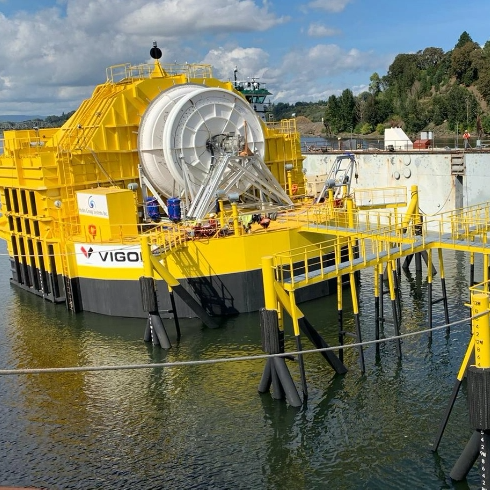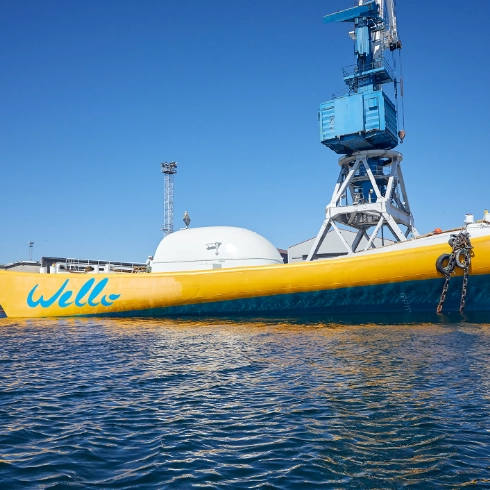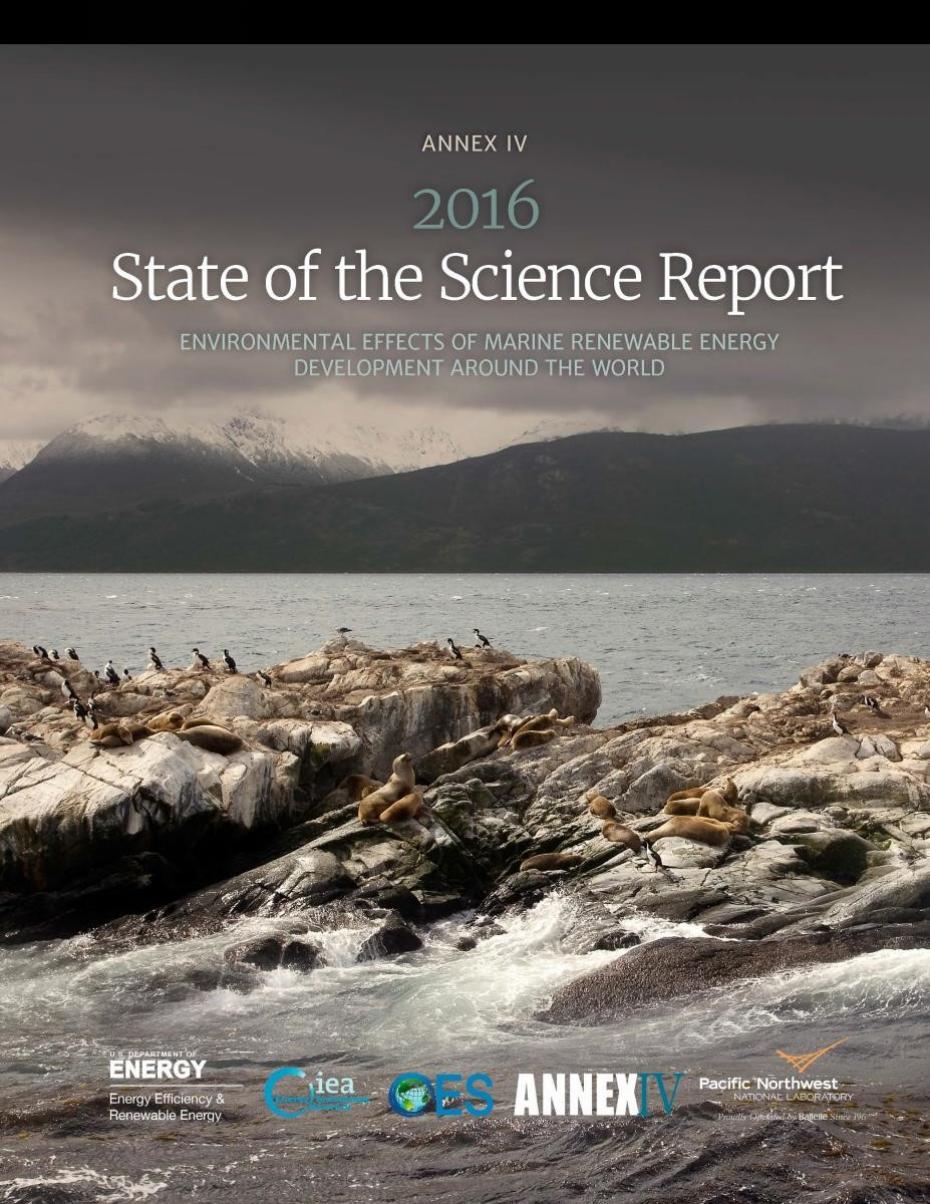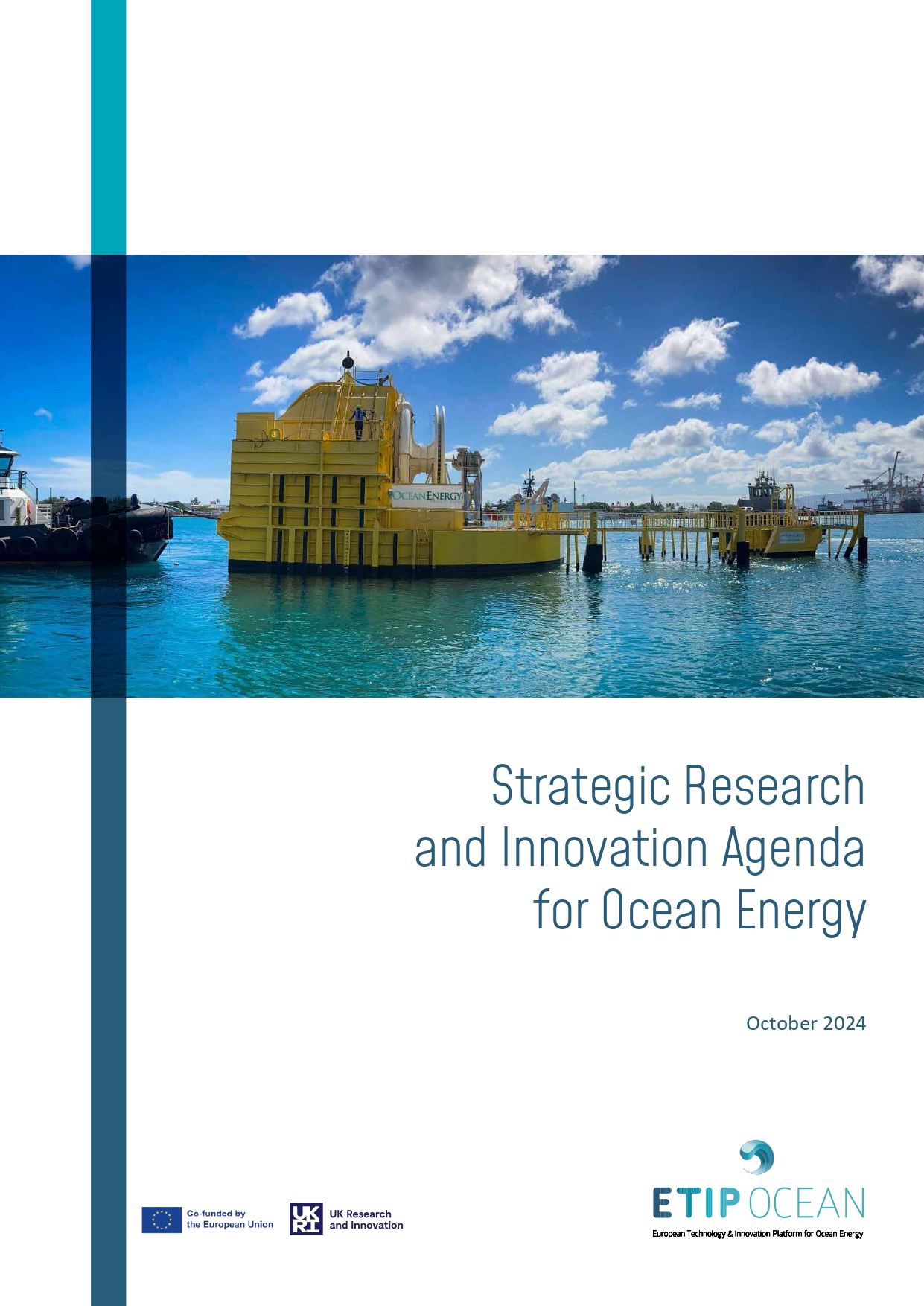
Ocean Energy and Net Zero: Policy Support for the Cost Effective Delivery of 12GW Wave and Tidal Stream by 2050
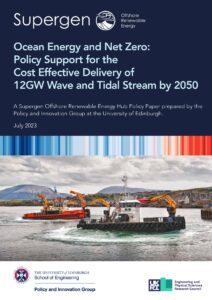
A new report from the Supergen Offshore Renewable Energy Hub and authored by the Policy and Innovation Group at the University of Edinburgh shows that the UK’s wave and tidal stream sectors are rapidly advancing through commercialisation and innovative efforts. By achieving the projected deployment of 6GW each of wave and tidal stream capacity, the UK can unlock a range of remarkable benefits, including significant contributions to the economy and progress towards Net Zero goals.
The potential impact of this deployment is substantial, the report says, with estimates suggesting that it could generate between £11 billion to £41 billion in Gross Value Added (GVA) to the UK economy by 2050, both domestically and internationally. Moreover, there could be an annual reduction in dispatch costs of approximately £1 billion, signifying substantial financial savings.
To date, funding initiatives specific to the wave and tidal stream sectors have amounted to £315 million between 2017 and 2022. However, a significant portion of this funding (77%) came from non-domestic sources, with only £28 million from the UK government.
To ensure the continued growth and success of ocean energy in contributing to the UK’s net-zero ambitions, long-term market pull policies such as the Contracts for Difference (CfD) scheme must be sustained. By nurturing innovation, supporting early-stage projects and investing in technological advancements, the UK can significantly accelerate the development and deployment of ocean energy and reap the accompanying socio-economic and environmental benefits in the journey towards a sustainable future, the report concludes.
This is an extract, full report available as PDF download
Download full report
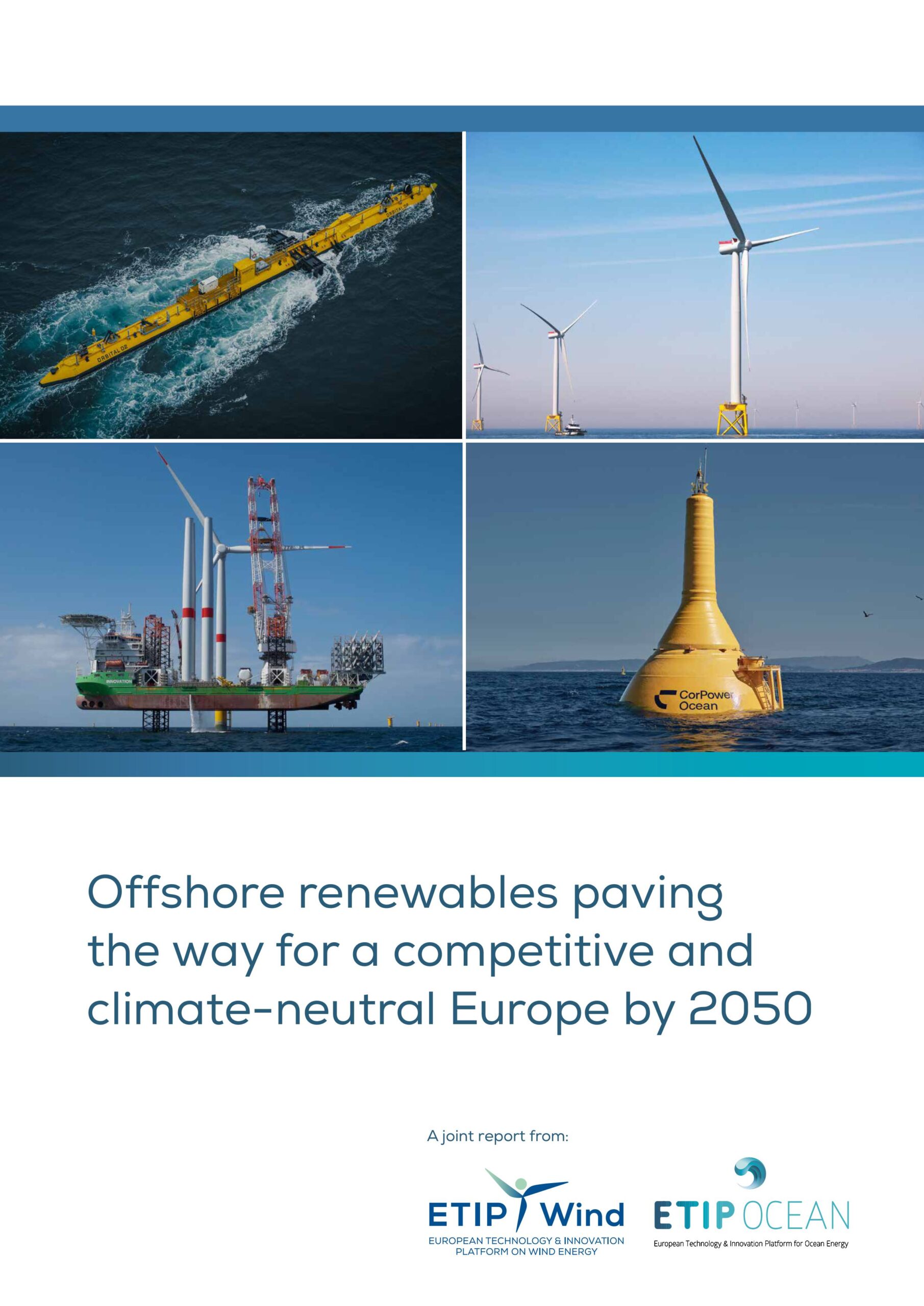
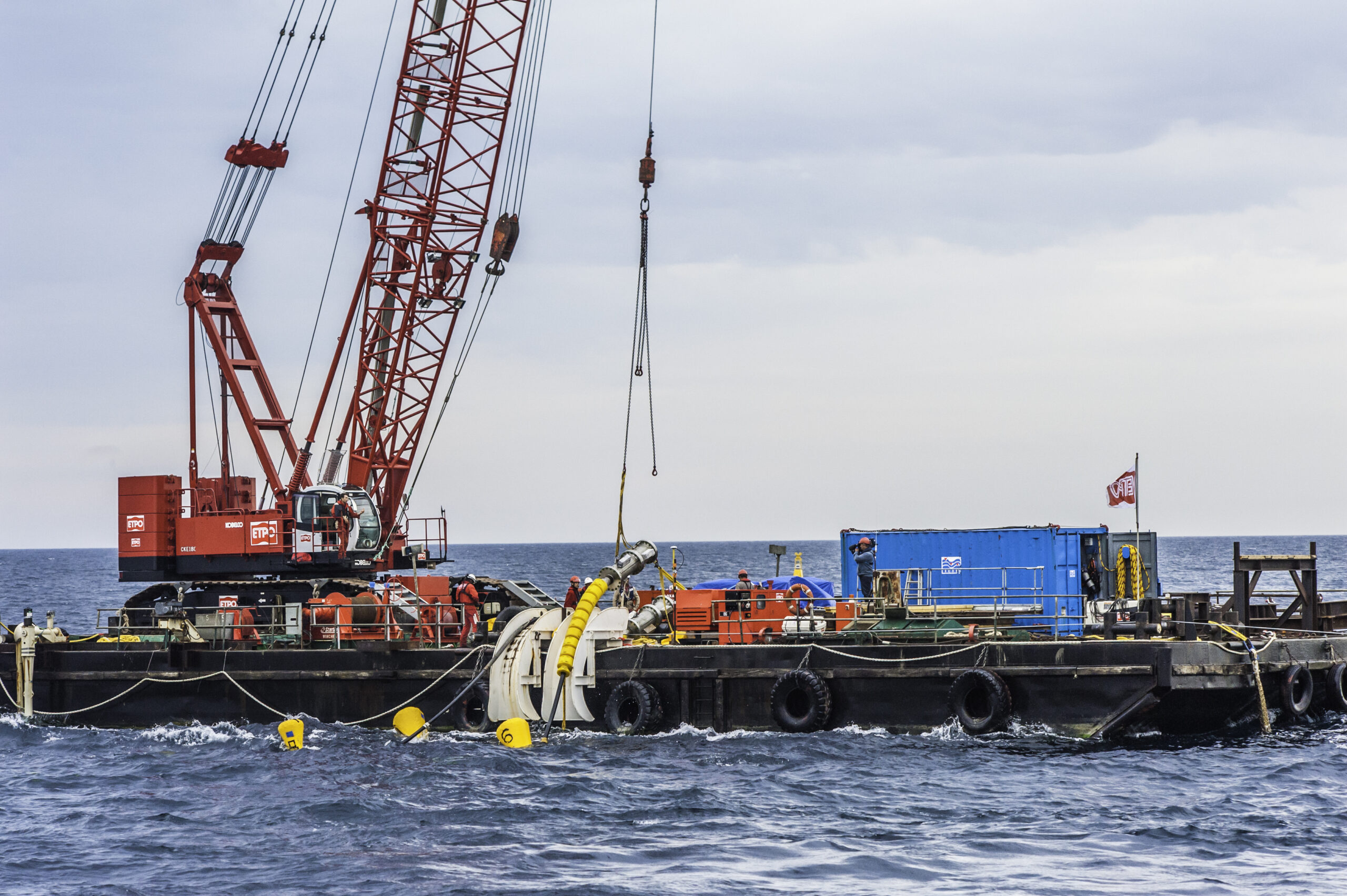

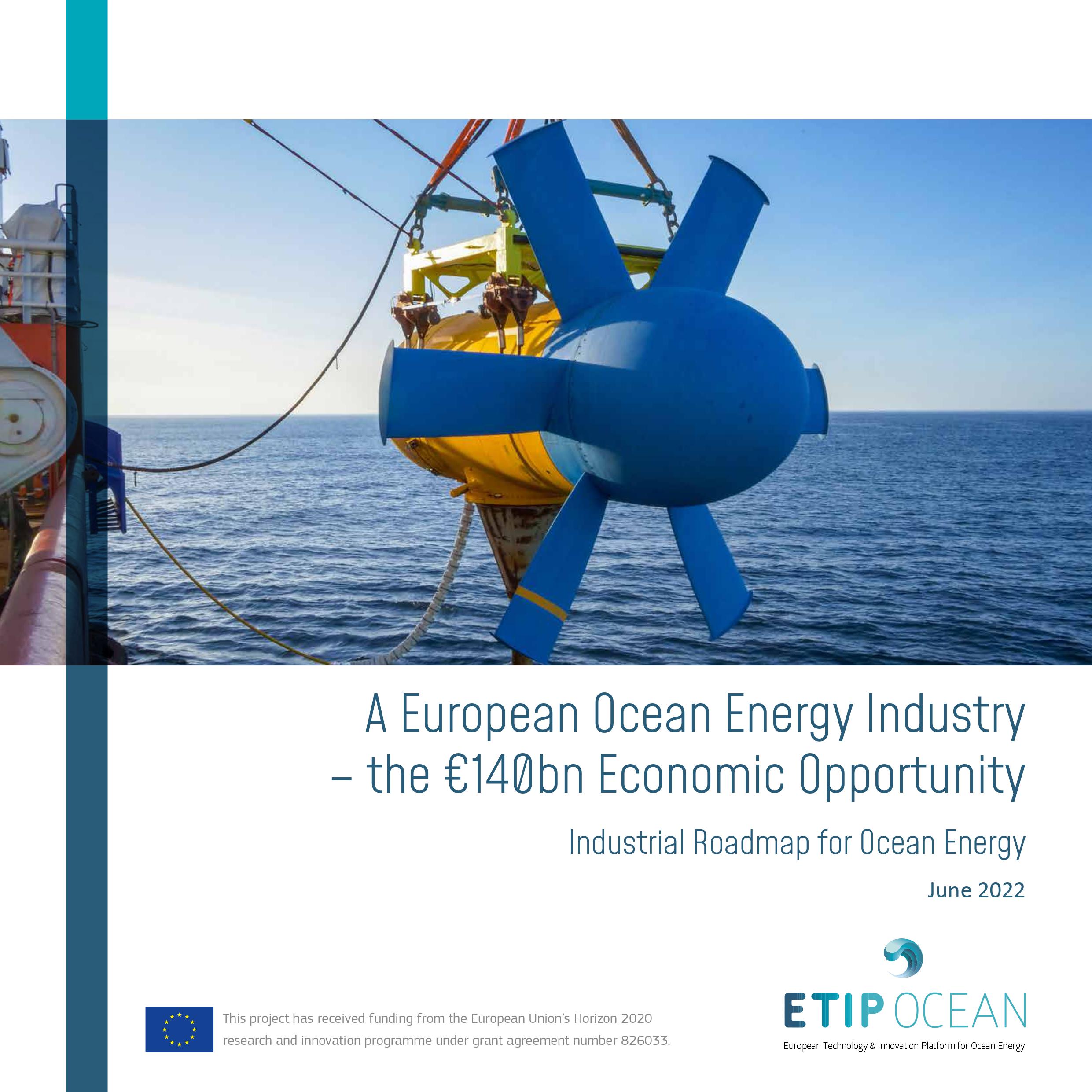
Industrial Roadmap for Ocean Energy 01 Jul 2022

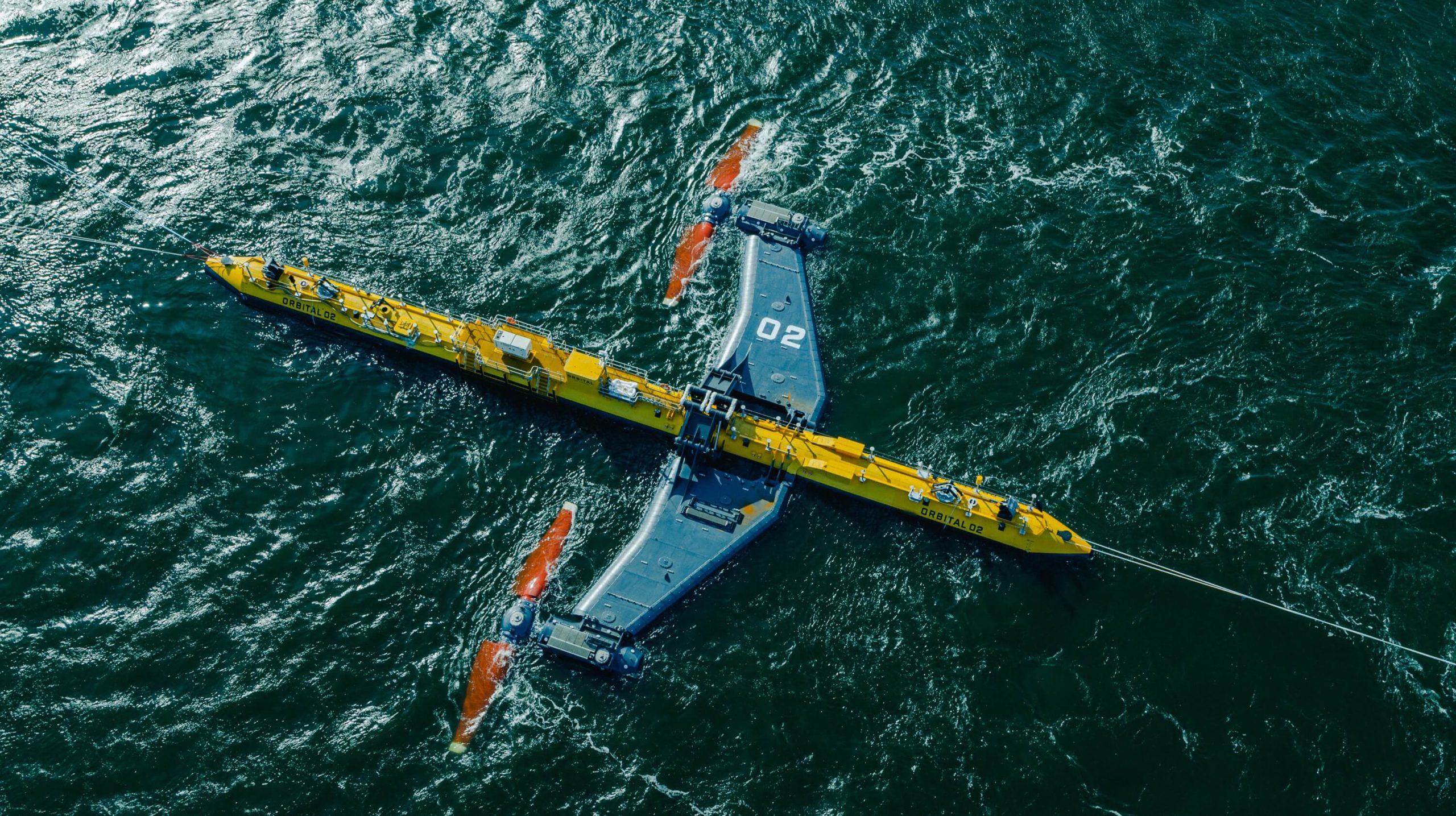
ETIP Ocean engagement with the SET Plan actions 01 Jan 2022
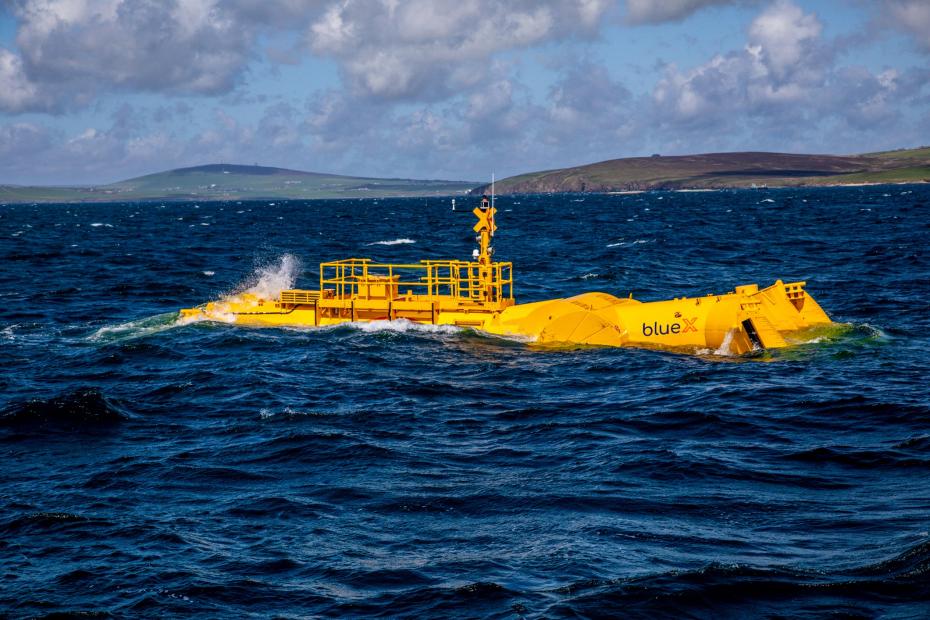
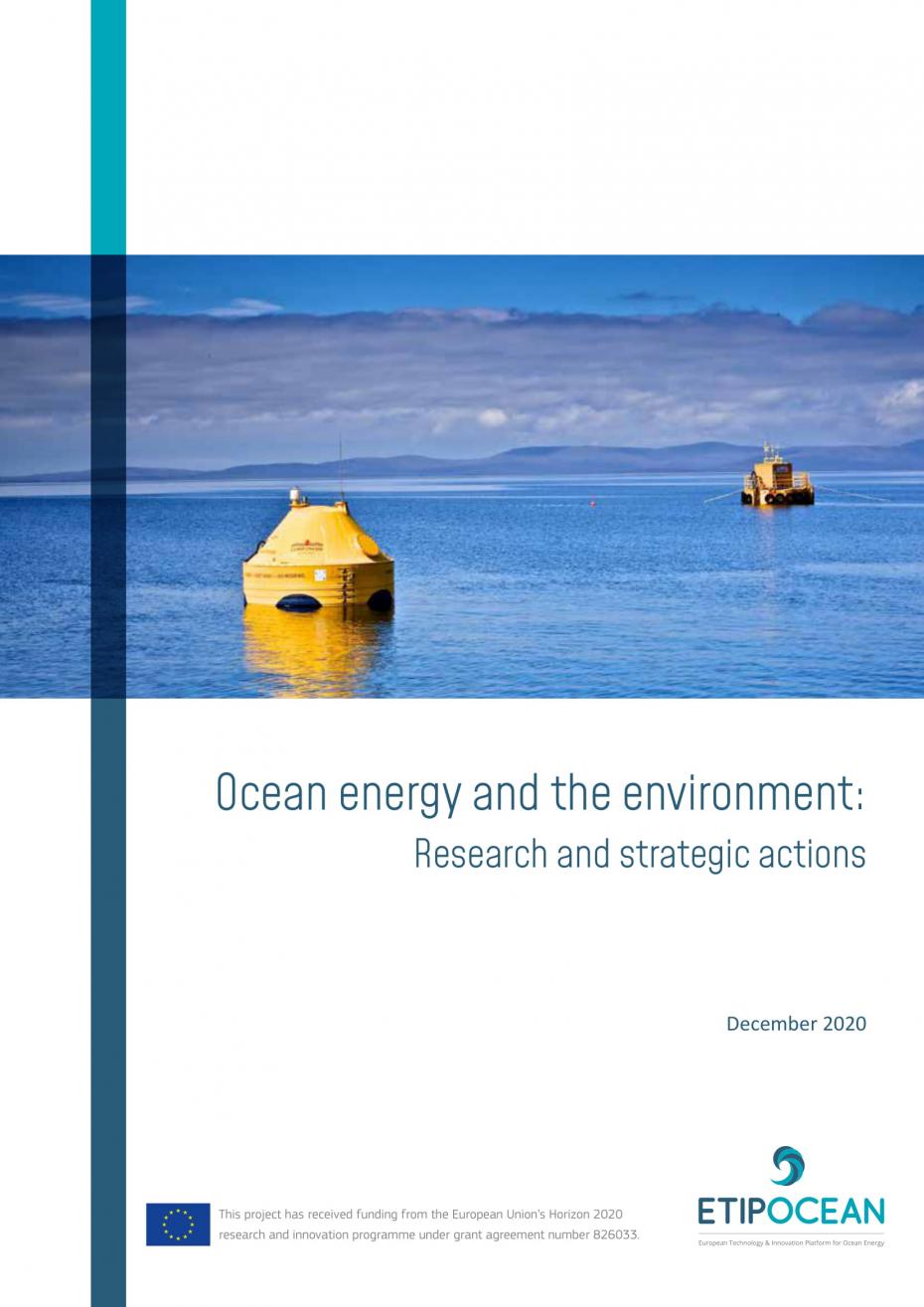
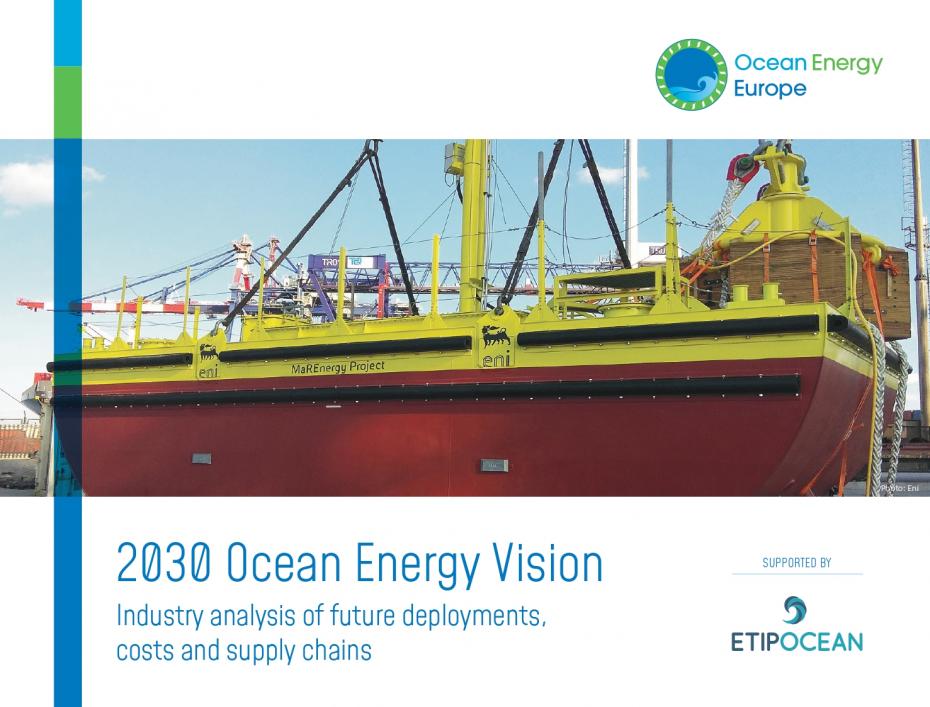
2030 Ocean Energy Vision 13 Oct 2020
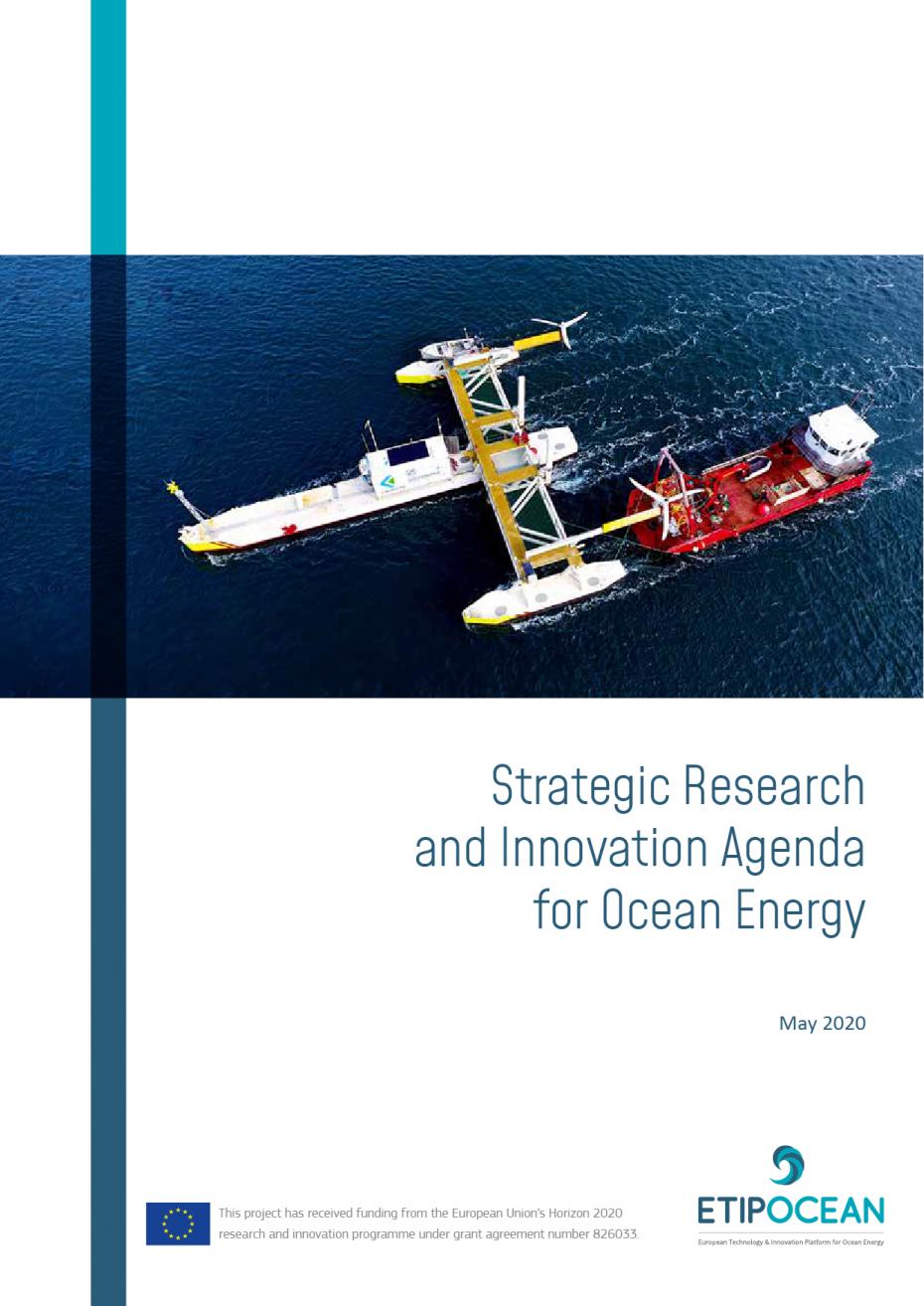


New ETIP Ocean report: EU and national policies play a key role in ocean energy development 19 Dec 2019

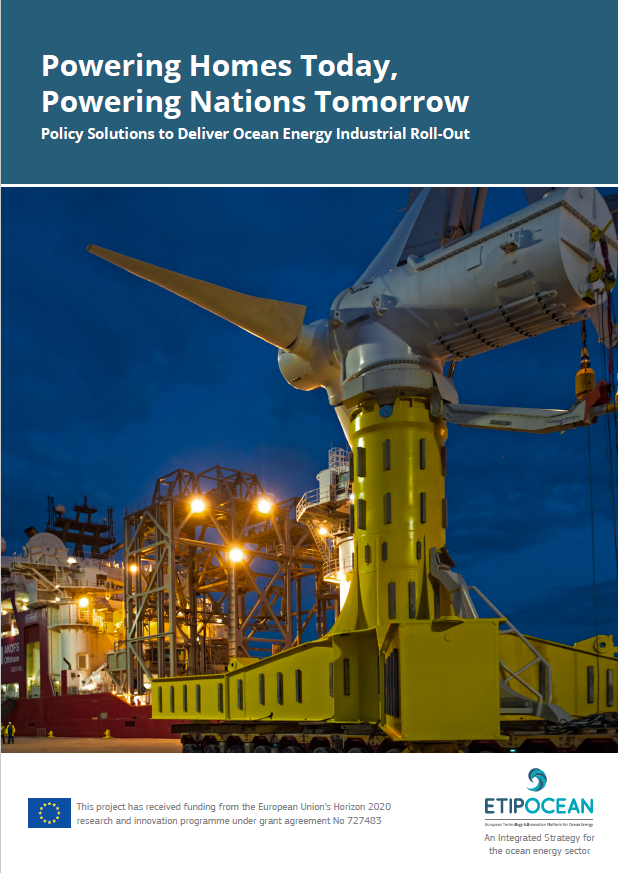
Powering Homes Today, Powering Nations Tomorrow 10 Apr 2019
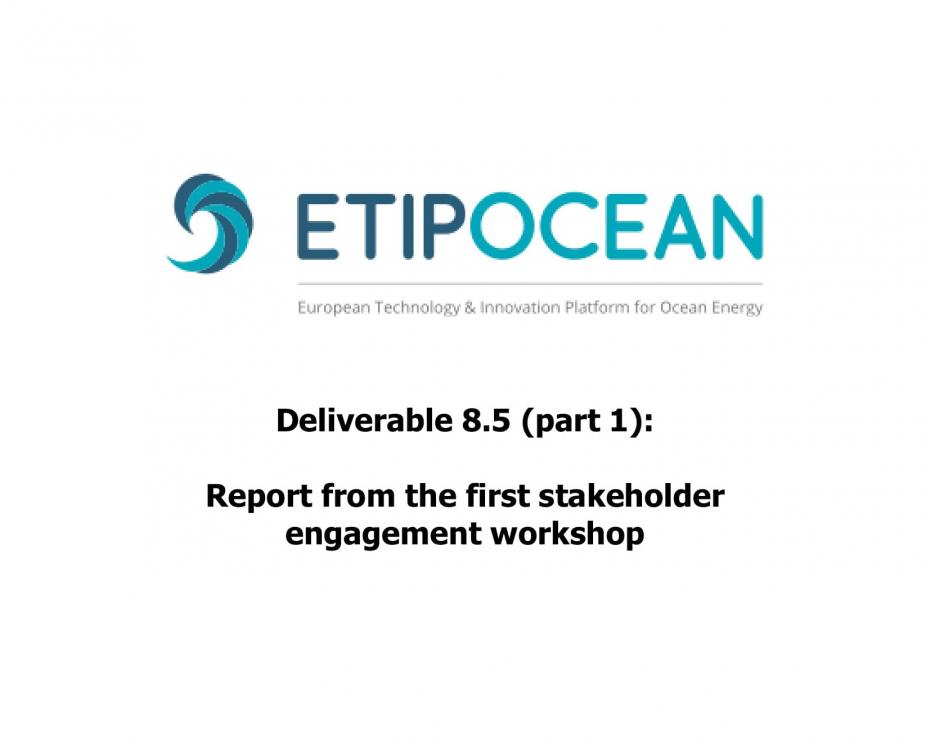
Report from the first workshop 30 Nov 2018

EU-funded ocean energy projects: complete description and links to H2020 and FP7 projects 28 Mar 2017
